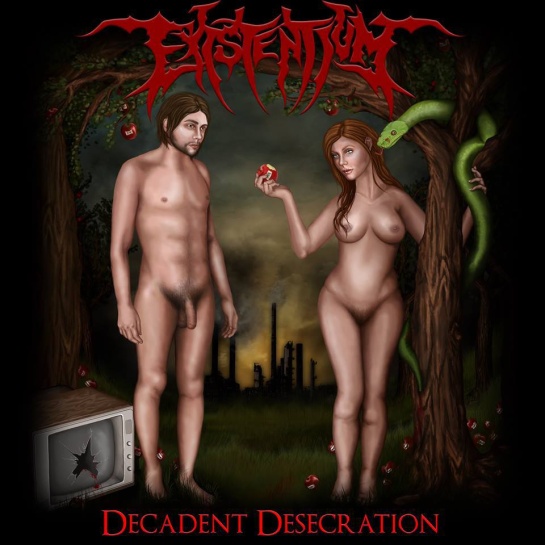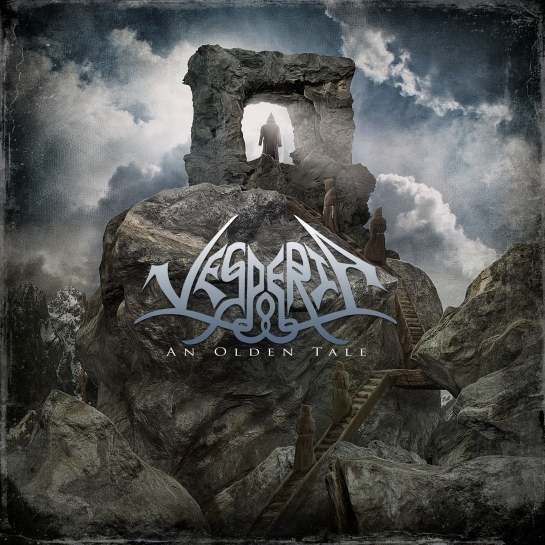A couple of months back a good friend of mine introduced me to Ne Obliviscaris, and that’s when I hated said friend because simply no other band came even close to giving me the same “musical high” -or so to speak- that Ne Obliviscaris’ violin infused masterpieces gave me. Obviously I loved Portal Of I, it was what perfection sounds like. Now fast forward to last week when I finally got the band’s new album Citadel in my mailbox and I tore open the package like a fat kid would tear open the wrapper on a chocolate bar. I got my Citadel tshirt, my Citadel album, and my unwavering will to have my mind blown to pieces, put back together, and blown again ready.
I put the disc in my computer and started listening and my god was it good. However something seemed off, still does. I gave it a dozen more listens in my car on my way to and fro work, as well as on my way to client sites which happens way too often, also which gave me an opportunity to listen to the album more. I even forced my parents and sister to listen to the album when they inevitably had me give them a ride somewhere. Even with all the listens, something still doesn’t feel quiet right, I can’t put my finger on it really. Is it the way the tracks are organized within the album? That’s definitely part of it. Pyrrhic coming right after Painters Of Tempest – Part III didn’t give me enough time to recover from the elegance of the Painters Of Tempest trilogy, it just stormed in guns a blazing. That’s not to say Pyrrhic wasn’t good, it’s an absolutely stunning track, along with every single track on the album. For me at least the organization threw me off a little.
However everything I loved from Portal Of I is present in Citadel, and much grandeur at that too. The beautiful and at times haunting violin interludes are there, the insanely good bass chops that positively make me want to grab my bass and miserably fail at replicating the lines are still there, and within the tracks themselves, the blowing of my mind did occur, many times over.
Coming from Portal Of I, I expected something exactly similar, I didn’t want this formula to change, and sure enough Ne Obliviscaris know that, they know that they’re outstandingly good at what they do and they’ll keep doing it because there’s simply too much to explore in that medium. The only drawback to Citadel was the track organization. It just nudged the album’s flow for me a little.








